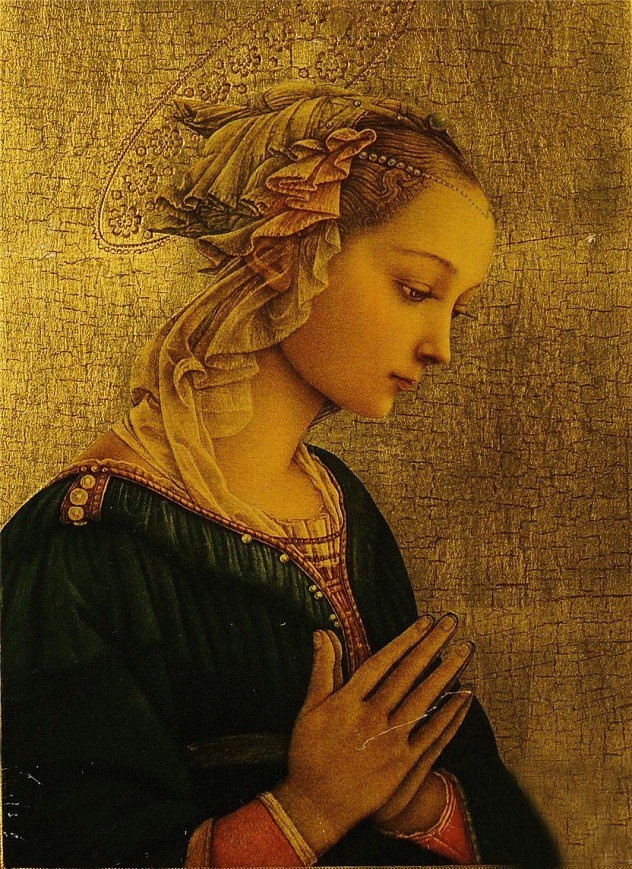Q&A: In the documentary video on Saint Louis de Montfort, one of the Montfort Fathers mentioned during an interview that devotion to Our Lady is in imitation of the Trinity’s dependence upon her. I presume this is a mistake which will be corrected in future editions. It would be blasphemous to hold to such a statement. God depends on no one.
Father J. Patrick Gaffney, SMM
No mistake. For Saint Louis de Montfort this “dependence of God” is the very heart of the mystery of the annunciation “which is the distinctive feast of this devotion [total consecration] and was chosen so that we might honor and imitate that dependence which the Eternal Word accepted on this day out of love for us” (SM 63). In TD 243, he writes that the feast of the Annunciation calls us to “honor and imitate the wondrous dependence which God the Son chose to have on Mary . . . this dependence is revealed especially in this mystery where Jesus becomes a captive and loving slave in the womb or his Blessed Mother, depending on her for everything.”
Only the Son of God is dependent on Mary “as a frail, little child depending on the care and attention of His holy Mother.” But the entire Trinity willed to be dependent upon the consent of Mary for the realization of the great mystery of the Incarnation: “Let me remind you again of the dependence shown by the three divine Persons on our Lady. Theirs is the example which fully justifies our dependence on her. The Father gave and still gives his Son only through her . . . God the Son was prepared for mankind in general by her alone. Mary, in union with the Holy Spirit still conceives him and brings him forth daily. It is through her alone that the Son distributes his merits and virtues. The Holy Spirit formed Jesus only through her and he forms the members of the Mystical Body and dispenses his gifts and his favors only through her. With such a compelling example of the three divine Persons before us, we would be extremely per- verse to ignore her and not consecrate ourselves to her” (TD 140).
God, as Montfort clearly states, had no need of Mary. But He freely chose to depend upon her consent so that the marriage of God with the human race would take place. And Jesus, so infinitely above Mary, chose to “glorify his independence and his majesty in depending upon this lovable virgin in his conception, his birth, his presentation in the temple and in the thirty years of his hidden life. Even in his death she had to be present so that he might be united with her in one sacrifice and be immolated with her consent to the eternal Father” (TD 18). This loving plan that God chose for our redemption boggles the mind. It clearly teaches us that we too should live in loving dependence on Mary so that we may belong more fully to Jesus and through Him in the power of the Spirit, to the Father.

Madonna and Child and Two Angels: Filippo Lippi: 1465
The image focuses on the Mary within the larger painting.


